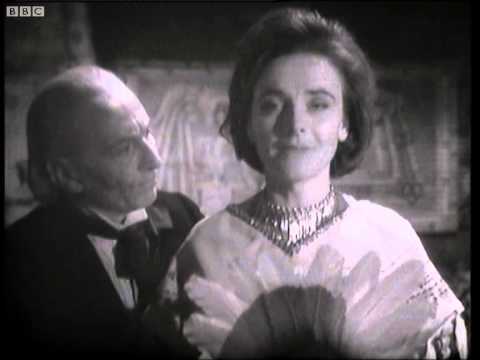As we all know, The Aztecs (TV Club’s current discussion - pop over and share your thoughts) is where this much loved quote comes from.
But what does it actually mean?
The show’s relationship with time travel and its ramifications has often been an ever-shifting rule-breaking conundrum.
Can the Doctor change history? Can anyone? Do the Doctor and his companions just become part of established history when they materialise? What about when the Doctor changes things in the future - surely those events are history from someone’s point of view.
We often assume, in The Aztecs, that the Doctor is saying that it is impossible to rewrite history but maybe he means that, ethically or morally, Barbara ‘shouldn’t’ rewrite history.
Later in both The Reign of Terror and The Time Meddler we get quite different interpretations of changing history.
In The Reign of Terror, Susan asserts that they can’t change history by giving Napoleon a note telling him about the future because ‘he’d have forgotten it, or lost it, or thought it was written by a maniac.’
Barbara then wonders if they tried to shoot him the bullet would miss but the Doctor dismisses her suggestion without, tellingly, giving an definitive answer either way.
And then in The Time Meddler, it is Vicki who postulates that if history was changed then their memories, in that instance, would change too.
Both The Reign of Terror and The Time Meddler were written by Dennis Spooner - who would also become script editor after David Whitaker (who was script editor for The Aztecs) - and it is clear he has a different opinion of how the ramifications of time travel should work in the show.
It is also Spooner who has the Doctor ‘give’ Nero the idea to burn down Rome.
Later in the series, with stories such as The Waters of Mars, we get the concept of ‘fixed points in time’ and (I think) in the novels there is the idea that when the TARDIS materialises it ‘crystallises’ the specific moment in time.
So how does time travel in Doctor Who work? Which theory do you like best?
